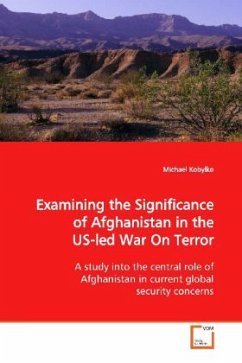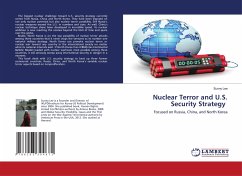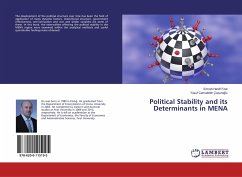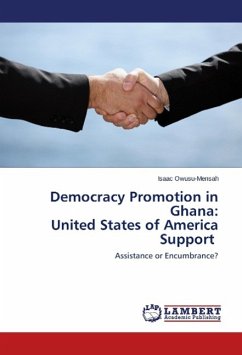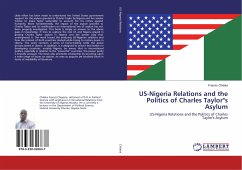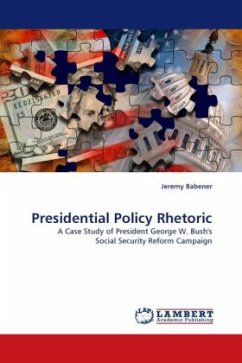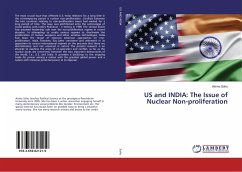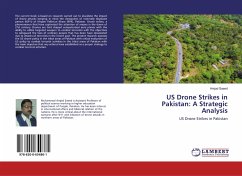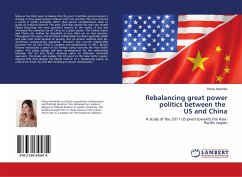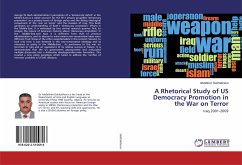
A Rhetorical Study of US Democracy Promotion in the War on Terror
Iraq 2001-2009
Versandkostenfrei!
Versandfertig in 6-10 Tagen
65,99 €
inkl. MwSt.

PAYBACK Punkte
33 °P sammeln!
George W. Bush administration's perception of a 'democratic deficit' in the Middle-East as a viable account for the 9/11 attacks propelled 'democracy promotion' as a primary tenet of foreign policy and the fitting ideological component of the 'war on terror' and the invasion of Iraq. This book generates an understanding of Bush's 'democracy promotion' efforts in the Middle-East. It is motivated by two central research queries: First, to analyze the nature of American rhetoric about 'democracy promotion' in the Middle-East and how it is different from that of previous administrations, and to di...
George W. Bush administration's perception of a 'democratic deficit' in the Middle-East as a viable account for the 9/11 attacks propelled 'democracy promotion' as a primary tenet of foreign policy and the fitting ideological component of the 'war on terror' and the invasion of Iraq. This book generates an understanding of Bush's 'democracy promotion' efforts in the Middle-East. It is motivated by two central research queries: First, to analyze the nature of American rhetoric about 'democracy promotion' in the Middle-East and how it is different from that of previous administrations, and to discuss to what extent neo-conservative ideas were different from those of the other exceptionalists in this context; Second, to look into how it was fostered in the neo-conservative ideology and its relevance to policy in the Middle-East , its pertinence to the war on terrorism in Iraq and an assessment of its relative success or failure. It is demonstrated that the US government appropriatedand articulated multiple discourses into a distinctive ideological-discursive formation. This created a new policy paradigm which failed to address the 'conflict of interests' problem in US-ME relations.



